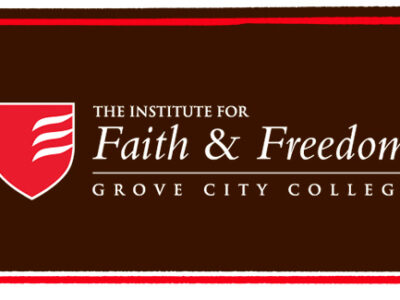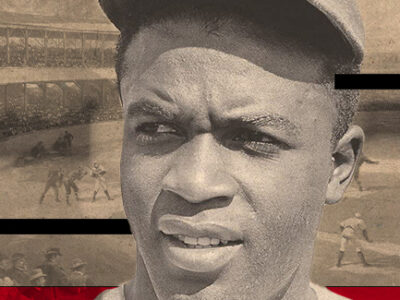Picture this scenario: The Democratic Party presidential candidate is an ex-radical from the 1960s, who had taken a sharp turn to the left during college, who denounced the Vietnam War as an undergraduate, who went on to Yale Law School to earn a degree, who taught law in Arkansas, who got involved in politics as a 30-something in the 1970s. Decades later, the candidate, named Clinton, runs for president of the United States. Clinton seeks distance from that radical past, trying to appear not as a far-left Democrat but a sensible, more moderate one. Clinton understands that the radical past will look bad compared to the Republican Party’s (older) presidential nominee, who did not protest the war that defined his generation but, instead, eagerly joined the cause, only to be shot down, wounded in combat, emerging as a genuine war hero. Clinton—as well as the Democratic Party generally—knows that such a Republican opponent is no push over, personally or politically. Can Clinton win that contest?
The answer: Yes. Bill Clinton won those contests in both 1992 and 1996. Hillary Clinton hopes to repeat the performance in 2008.
In 1992, Governor Bill Clinton challenged Republican President George H. W. Bush. Conservatives wasted no time framing the showdown as an assault on our sense of right and wrong. How dare this 60s radical, this war protester, challenge a legitimate war hero!
As a young man, Bill Clinton saw college not simply as an educational opportunity but a way to avoid military service during wartime. That had not been the case for George Herbert Walker Bush, even when a similar thought was planted in his ear by Secretary of War Henry L. Stimson. In a commencement address to Bush’s 1942 prep school class, Stimson had advised Bush and his classmates to finish their education—to go to college—before considering military service. No, said Bush. Instead, he enlisted, postponing college to become the youngest Navy pilot commissioned in the war, where he was soon flying fighter planes, and subsequently became one of the youngest servicemen ever shot down in combat. He was pulled out of the water, rescued at sea.
Those differences between the Democratic and Republican presidential nominees were equally clear in 1996, when Senator Bob Dole was nominated by the GOP. Dole’s wartime story, which I will not revisit here, was even more remarkable. Dole’s survival was the stuff of legends.
This is worth considering now because of the belief by conservatives that Hillary Clinton, when stacked up against John McCain’s background, will be found sorely lacking—a major liability for Clinton. Of course, many conservatives want Hillary to defeat Barack Obama so McCain can run against Hillary, who conservatives see as easier to beat than Obama. While Obama definitely has some skeletons in his closet—as his pastor has made clear—his 1960s are decidedly unlike Hillary’s, and actually are fairly inspirational.
For the record, I agree with conservatives who prefer to run against Hillary instead of Obama. The Hillary-McCain contrast works to McCain’s advantage in many ways. Nonetheless, what we learned in 1992 and 1996 is that the Republican candidate’s bona fides as a war hero will not be nearly enough to carry the day against the 60s radical.
Sure, conservatives can point out that while John McCain was strapped to a wall and flogged by Vietnamese communists at the Hanoi Hilton in the summer of 1971, Hillary was interning for the American communists Robert Treuhaft and Jessica “Decca” Mitford in Oakland, California. While American intelligence abroad was trying to find out what it could about McCain’s captors, American intelligence at home—namely, the FBI—was trying to find out what it could about Hillary’s bosses, two former CPUSA members who for years were denied passports and investigated by government officials.
While John McCain was being tortured by communists in Hanoi, Hillary Clinton was not only working for communists but learning Constitutional Law from one of them—Professor Thomas Emerson—at Yale. As McCain was learning survival tactics firsthand at the end of a bamboo stick by the Vietcong, Hillary was learning organizing tactics from veteran radical Saul Alinsky.
If Hillary Clinton somehow manages to get the Democratic nomination, conservatives will underscore these striking contrasts. The contrasts, however, have their limits. The first Bush lost to the first Clinton by eight percentage points, and many more Electoral College ballots. Likewise, the margin between the first Clinton and Bob Dole was wide. Neither hero came close to Clinton.
In 2008, the Republican war hero will need to defeat the Clinton—assuming this Clinton survives the primaries—first and foremost on substance and on the campaign trail. The war record matters, but it is only part of a much deeper arsenal that the Republican will need to win.



